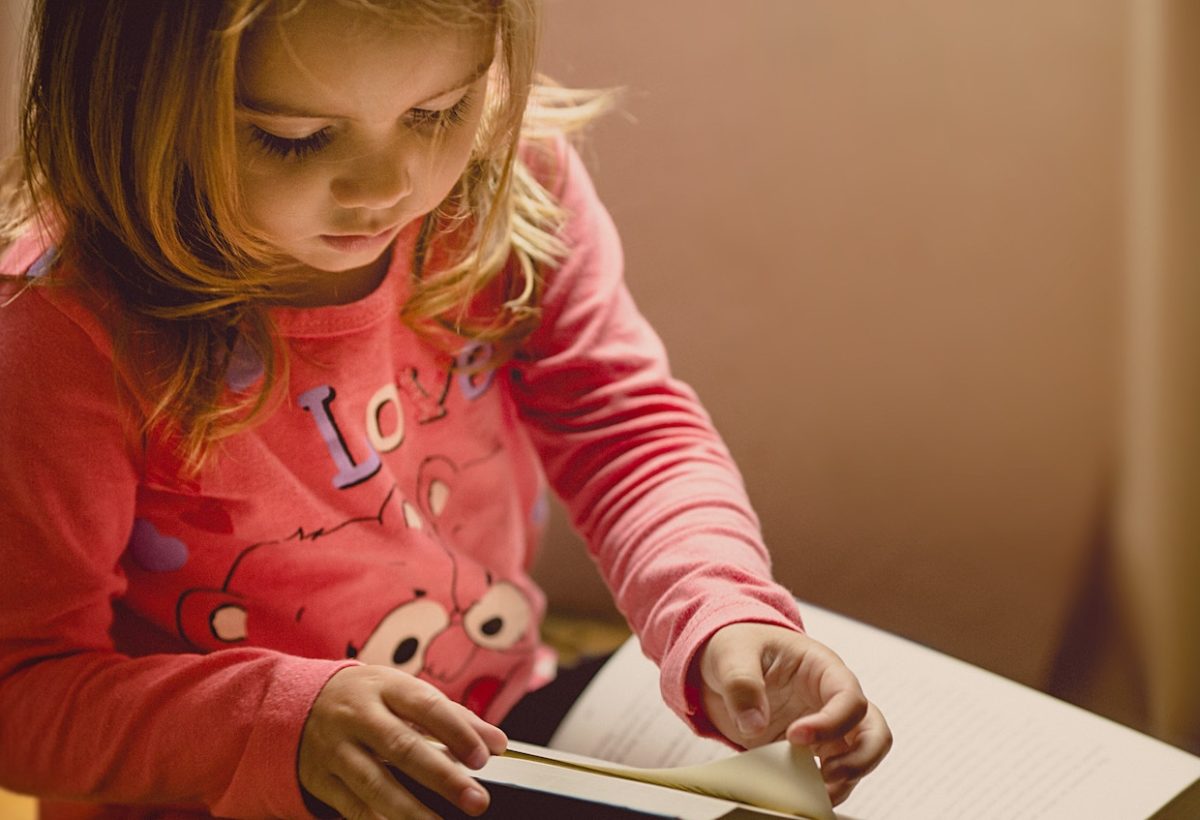
If you happened to catch an episode of Sesame Street lately, you might have noticed Karli, a fuzzy green Muppet with blonde hair and a purple button nose. Karli is sad because her mom has gone away for rehab. The most important message Karli’s Muppet pals convey to her and to her pint-sized audience: It’s not your fault.
Roughly six million children in the U.S. under age eleven live in households where a parent is struggling with addiction. One-third of those kids will end up in foster care because of a parent’s drug-related incarceration or death—a figure that has risen by more than 50% over the past decade.
Opioid addiction is “often seen as a grown-up issue,” notes Sherrie Westin, president of social impact and philanthropy at Sesame Workshop, the TV show’s nonprofit parent. But a parent’s addiction, she says, “can be one of the most isolating and stressful situations young children face.” Noting that Sesame Street has always been a comfort to little kids in tough times, Westin explains that Sesame Workshop hopes to “break down the stigma of addiction and help families build hope for the future.”
A national, multimedia program called Sesame Street in Communities offers educational tools designed to help kids deal with “big feelings,” like fear and guilt. With financial support from the Joan Ganz Cooney Fund for Vulnerable Children and the Robert Wood Johnson Foundation, the project’s videos, storybooks, and games are available online, in English and Spanish, to children and their adult caregivers for free.
